 March 29, 2012: Apple settles its “Antennagate” controversy by giving affected iPhone 4 owners the chance to claim a whopping $15 payout. The settlement covers customers who experienced problems with the phone dropping calls due to its cutting-edge design, but were unable to return their handsets (or didn’t want a free bumper from Apple to mitigate against the problem).
March 29, 2012: Apple settles its “Antennagate” controversy by giving affected iPhone 4 owners the chance to claim a whopping $15 payout. The settlement covers customers who experienced problems with the phone dropping calls due to its cutting-edge design, but were unable to return their handsets (or didn’t want a free bumper from Apple to mitigate against the problem).
While it’s arguable whether a $15 payout was worth filing all the paperwork necessary to claim the cash, the Antennagate story — and the resulting class-action lawsuit — generated big headlines at the time.
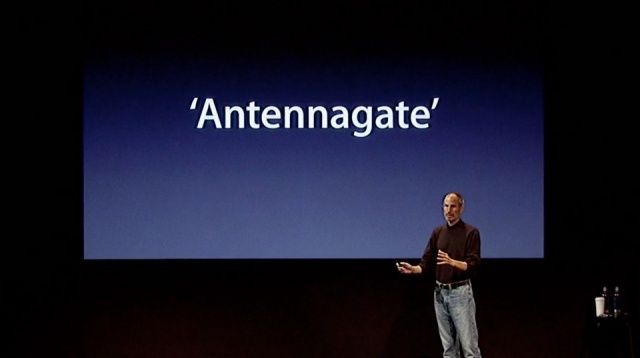
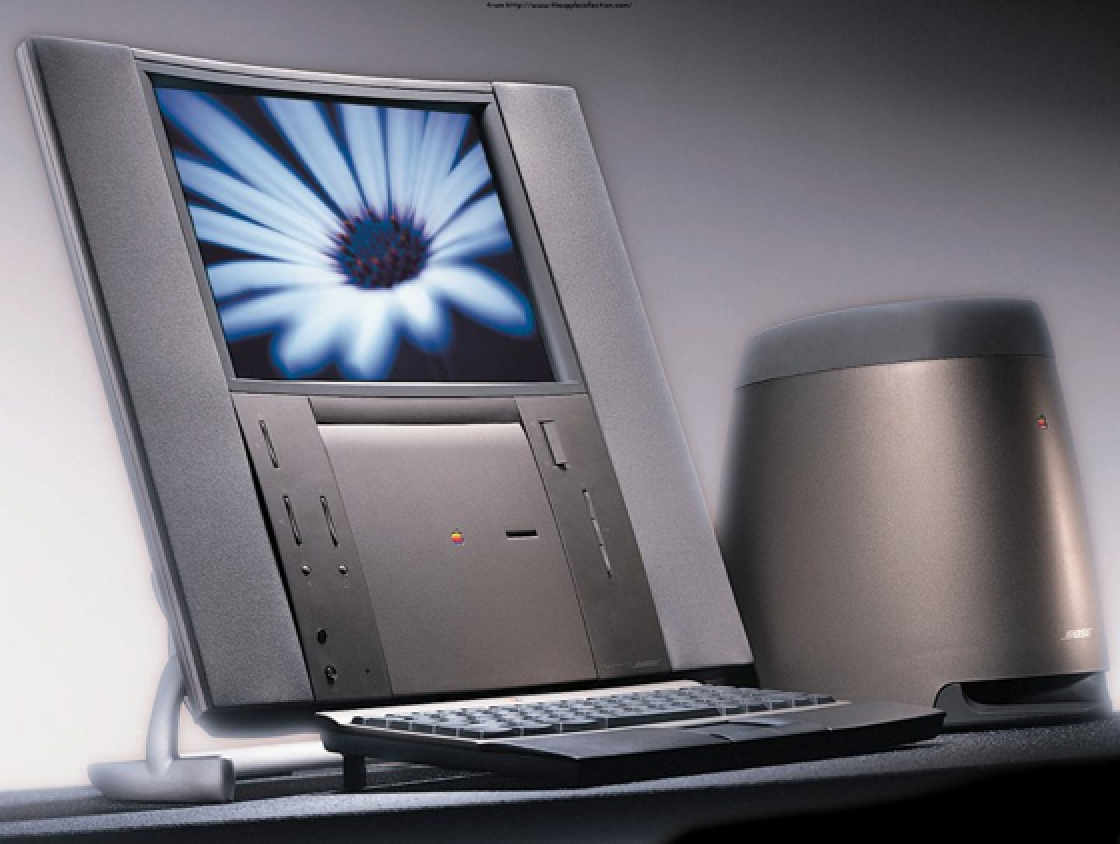
 March 20, 1997: Apple launches its Twentieth Anniversary Macintosh, a futuristic, special-edition Mac that’s ahead of its time in every way. Not part of any established Mac line, it brings a look (and a price!) unlike anything else available — and Apple delivers them to buyers in a limo!
March 20, 1997: Apple launches its Twentieth Anniversary Macintosh, a futuristic, special-edition Mac that’s ahead of its time in every way. Not part of any established Mac line, it brings a look (and a price!) unlike anything else available — and Apple delivers them to buyers in a limo!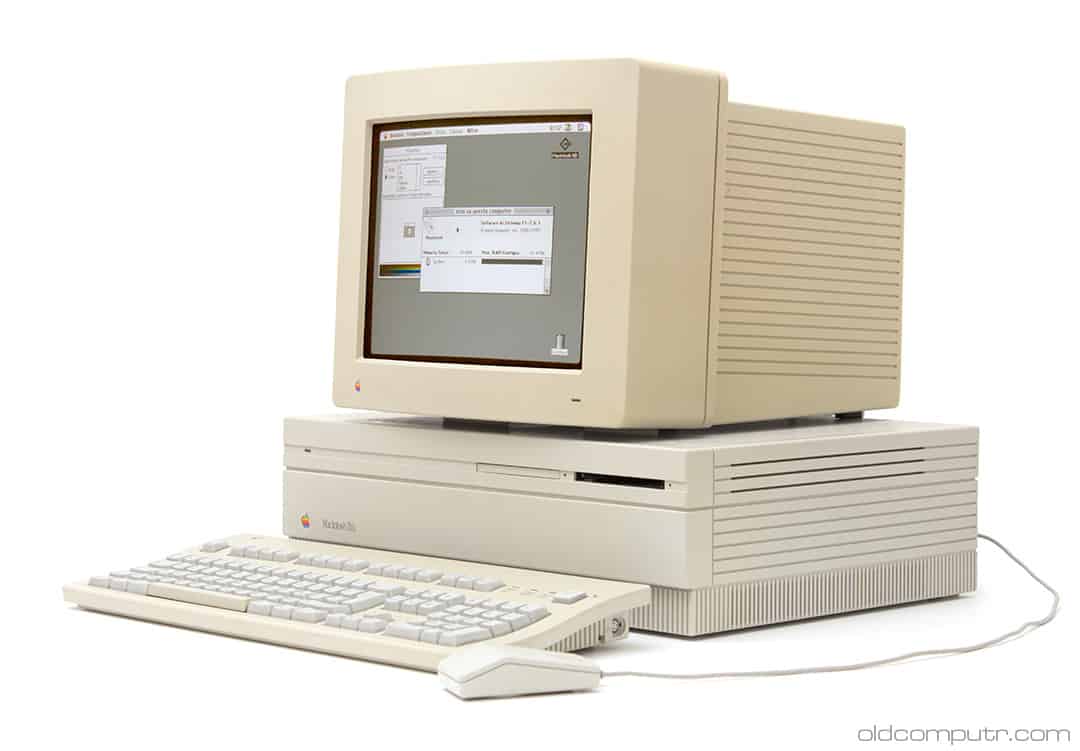
 March 19, 1990: The ultra-fast Macintosh IIfx makes its debut, sporting a hefty price tag appropriate for such a speedy machine.
March 19, 1990: The ultra-fast Macintosh IIfx makes its debut, sporting a hefty price tag appropriate for such a speedy machine.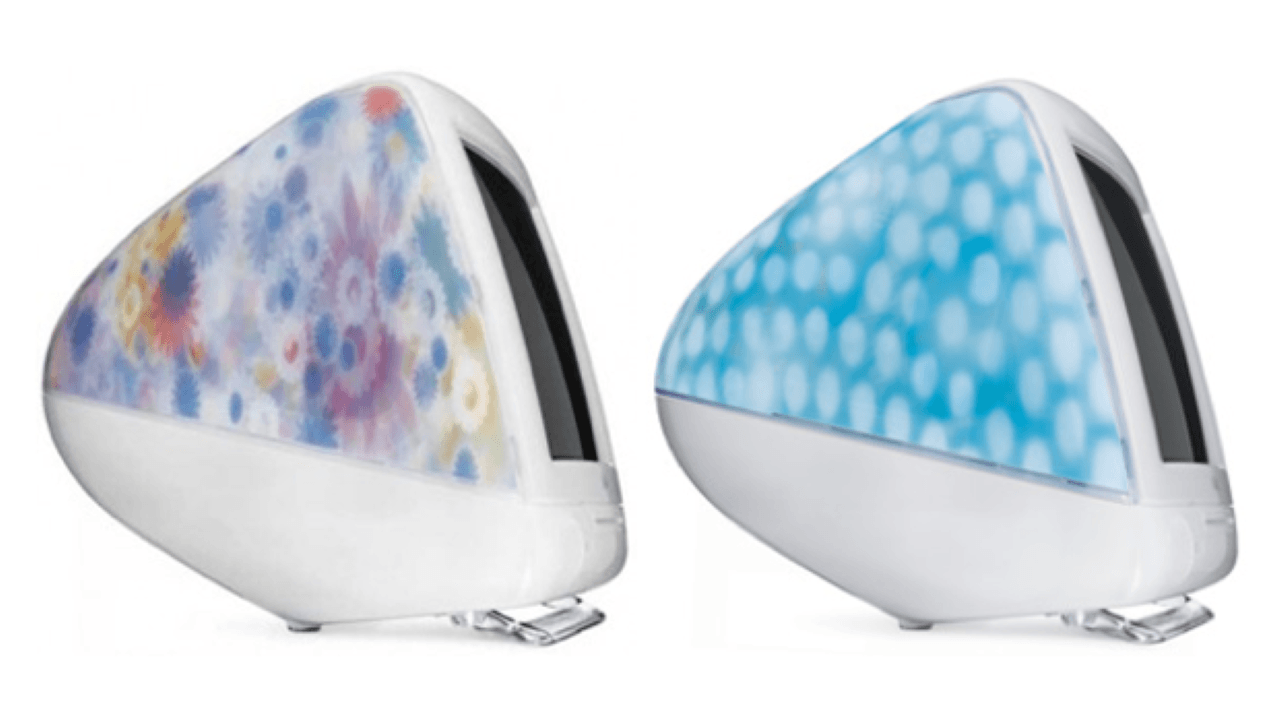
 February 22, 2001: The iMac Special Edition, sporting wild designs that would make a hippie happy, puts a wacky face on the computer that saved Apple’s bacon at the turn of the century. The Flower Power iMac and Blue Dalmatian iMac evoke tie-dye shirts or other unconventional ’60s-era imagery.
February 22, 2001: The iMac Special Edition, sporting wild designs that would make a hippie happy, puts a wacky face on the computer that saved Apple’s bacon at the turn of the century. The Flower Power iMac and Blue Dalmatian iMac evoke tie-dye shirts or other unconventional ’60s-era imagery.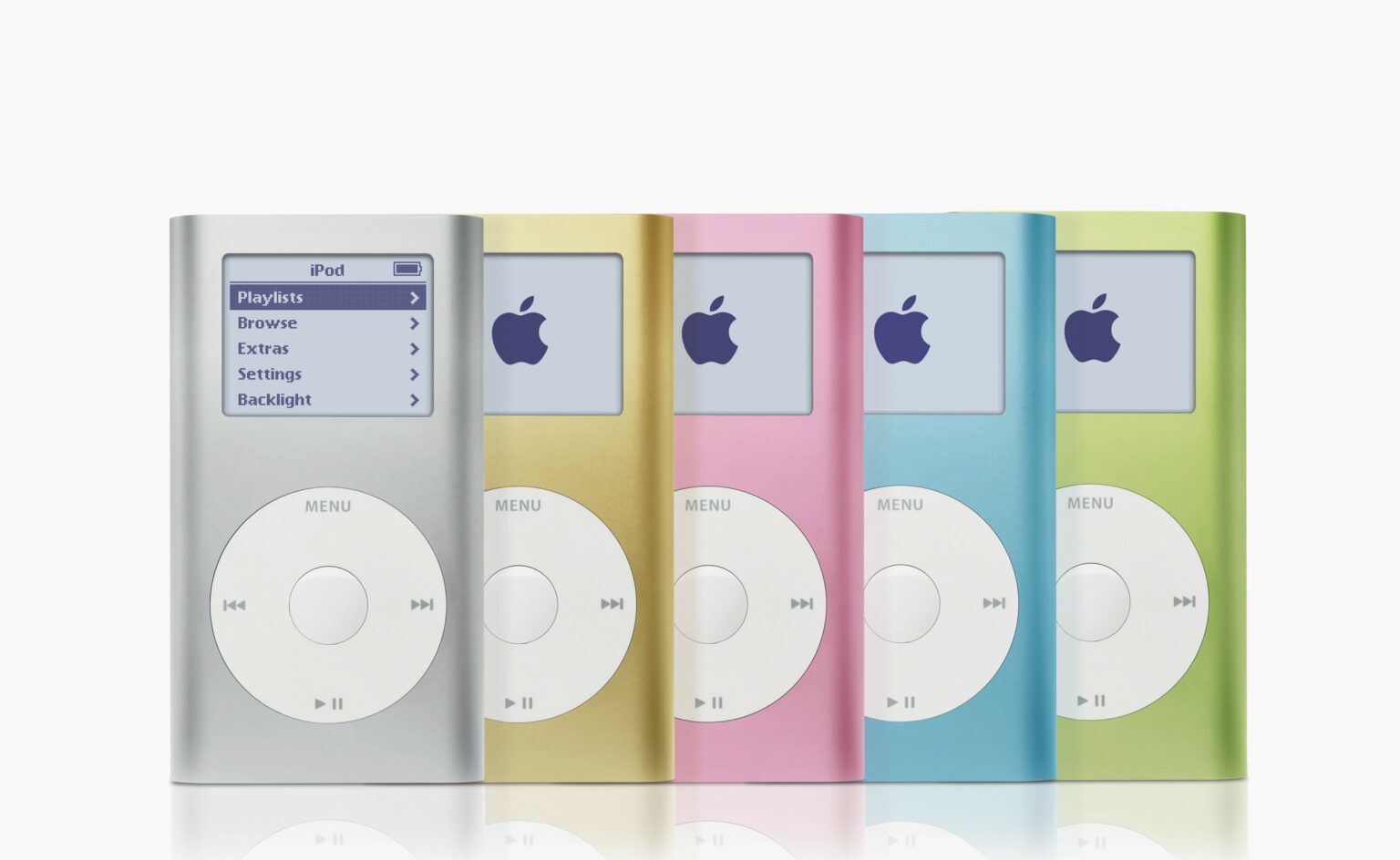
 February 20, 2004: Music goes small as the iPod mini launch brings the reimagined digital audio player to Apple stores.
February 20, 2004: Music goes small as the iPod mini launch brings the reimagined digital audio player to Apple stores.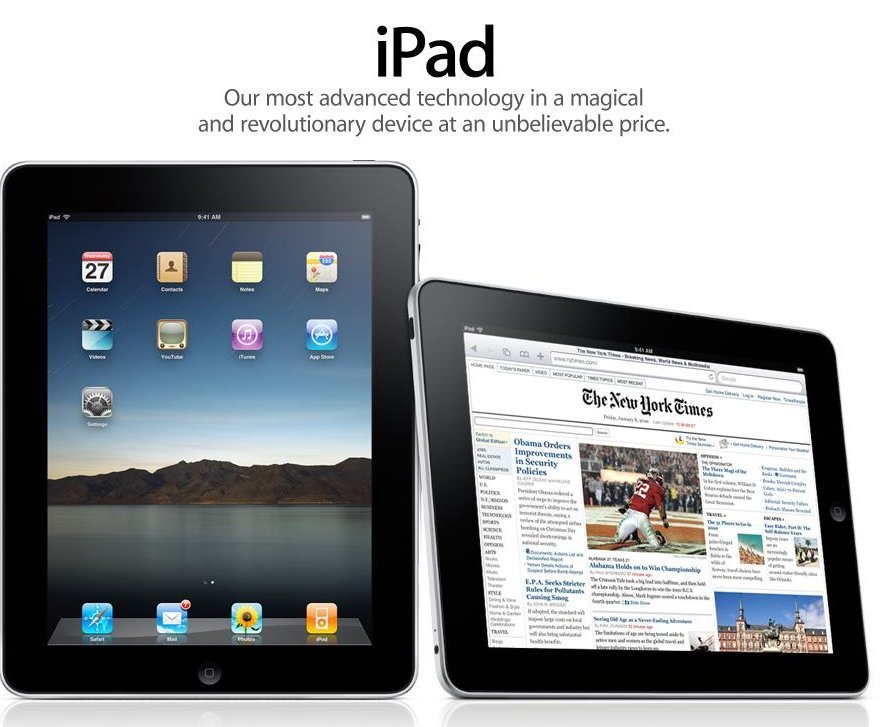
 January 27, 2010: After months of rumors and speculation, Steve Jobs publicly shows off the iPad for the first time.
January 27, 2010: After months of rumors and speculation, Steve Jobs publicly shows off the iPad for the first time.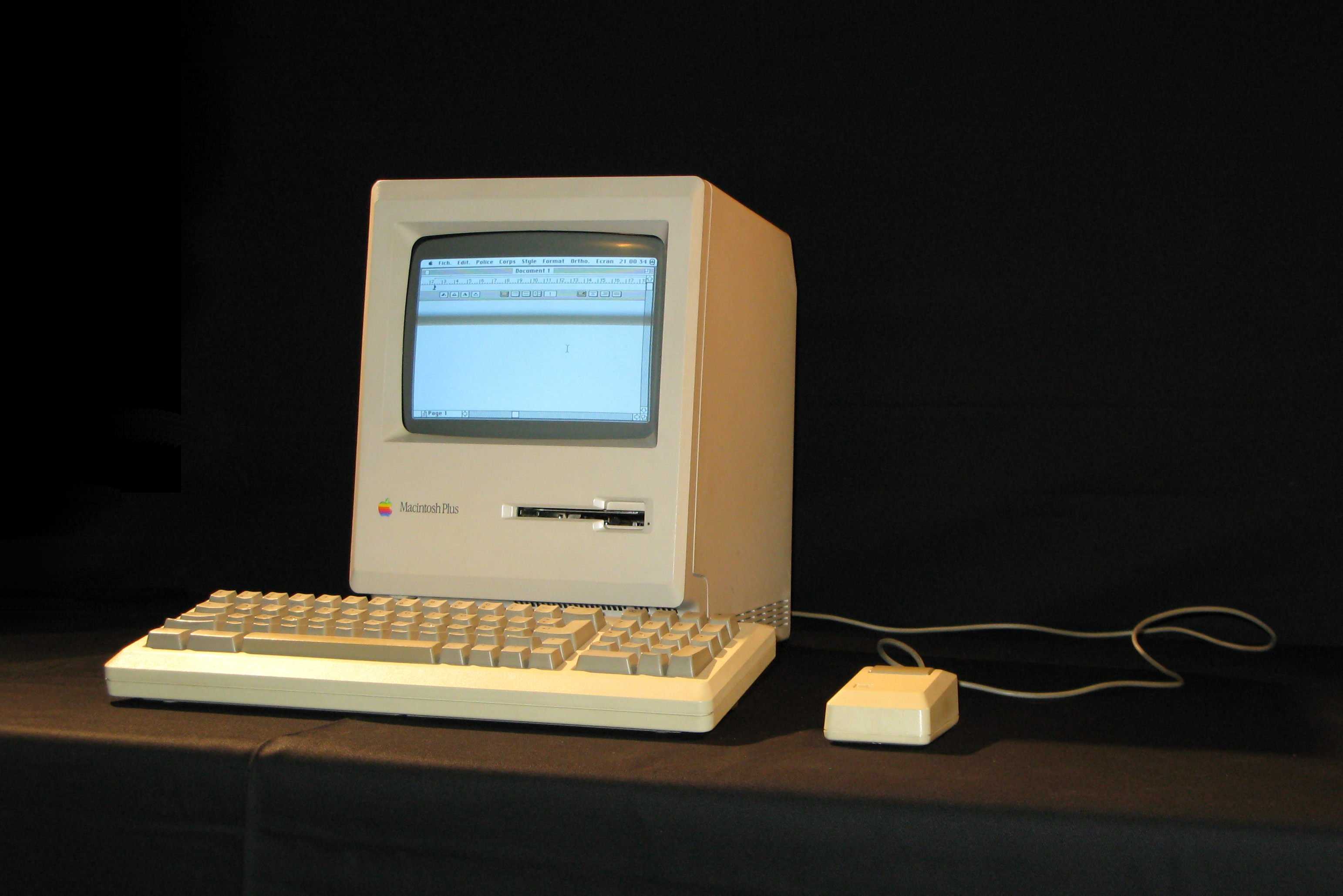
 January 16, 1986: Apple introduces the Macintosh Plus, its third Mac model and the first to be released after Steve Jobs was
January 16, 1986: Apple introduces the Macintosh Plus, its third Mac model and the first to be released after Steve Jobs was 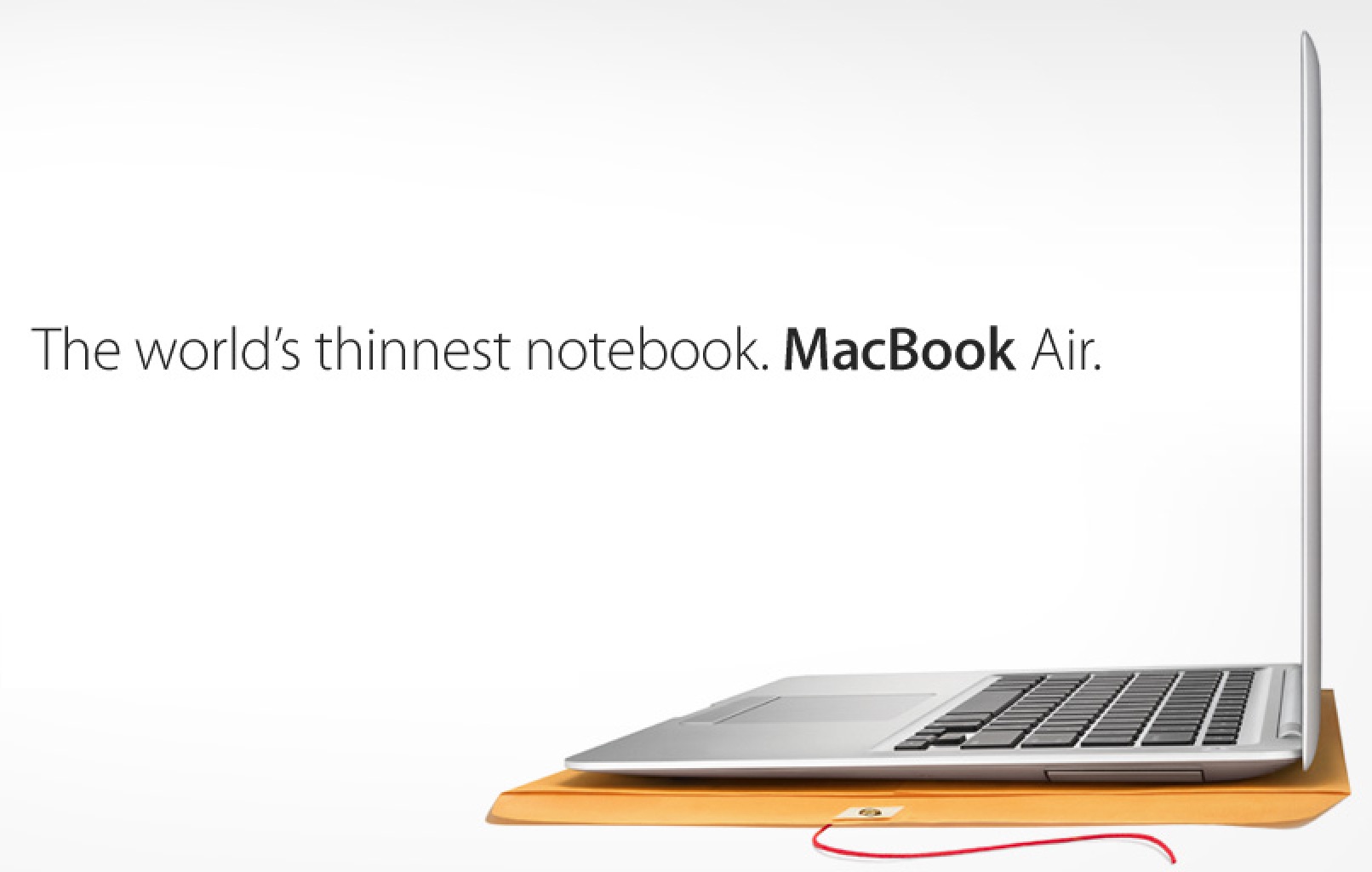
 January 15, 2008: Steve Jobs shows off the first MacBook Air at the Macworld conference in San Francisco, calling the revolutionary computer the “world’s thinnest notebook.”
January 15, 2008: Steve Jobs shows off the first MacBook Air at the Macworld conference in San Francisco, calling the revolutionary computer the “world’s thinnest notebook.”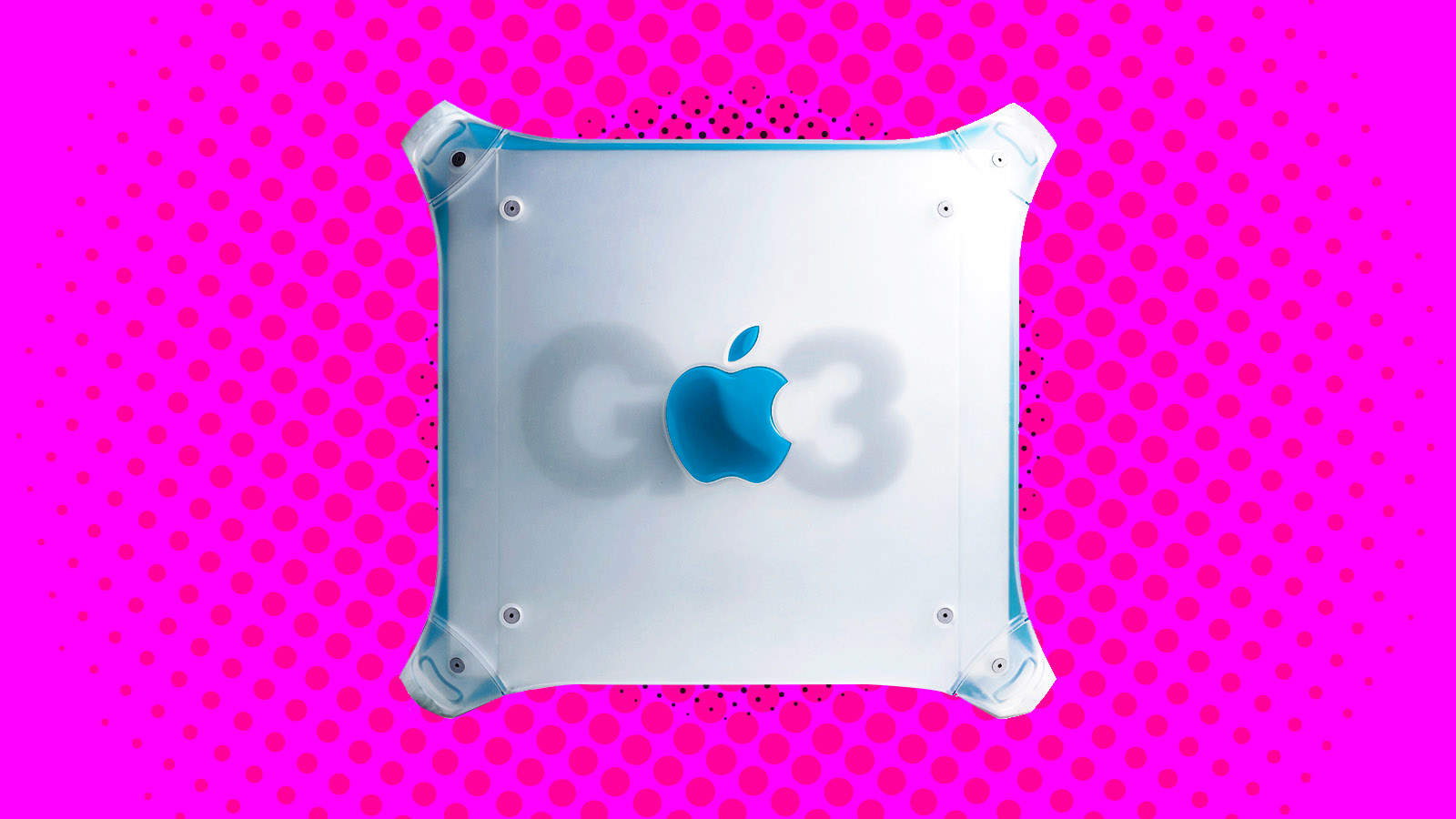
 January 5, 1999: Apple introduces its revised Power Mac G3 minitower, nicknamed the “Blue and White G3” or “Smurf Tower” to separate it from the earlier beige model.
January 5, 1999: Apple introduces its revised Power Mac G3 minitower, nicknamed the “Blue and White G3” or “Smurf Tower” to separate it from the earlier beige model.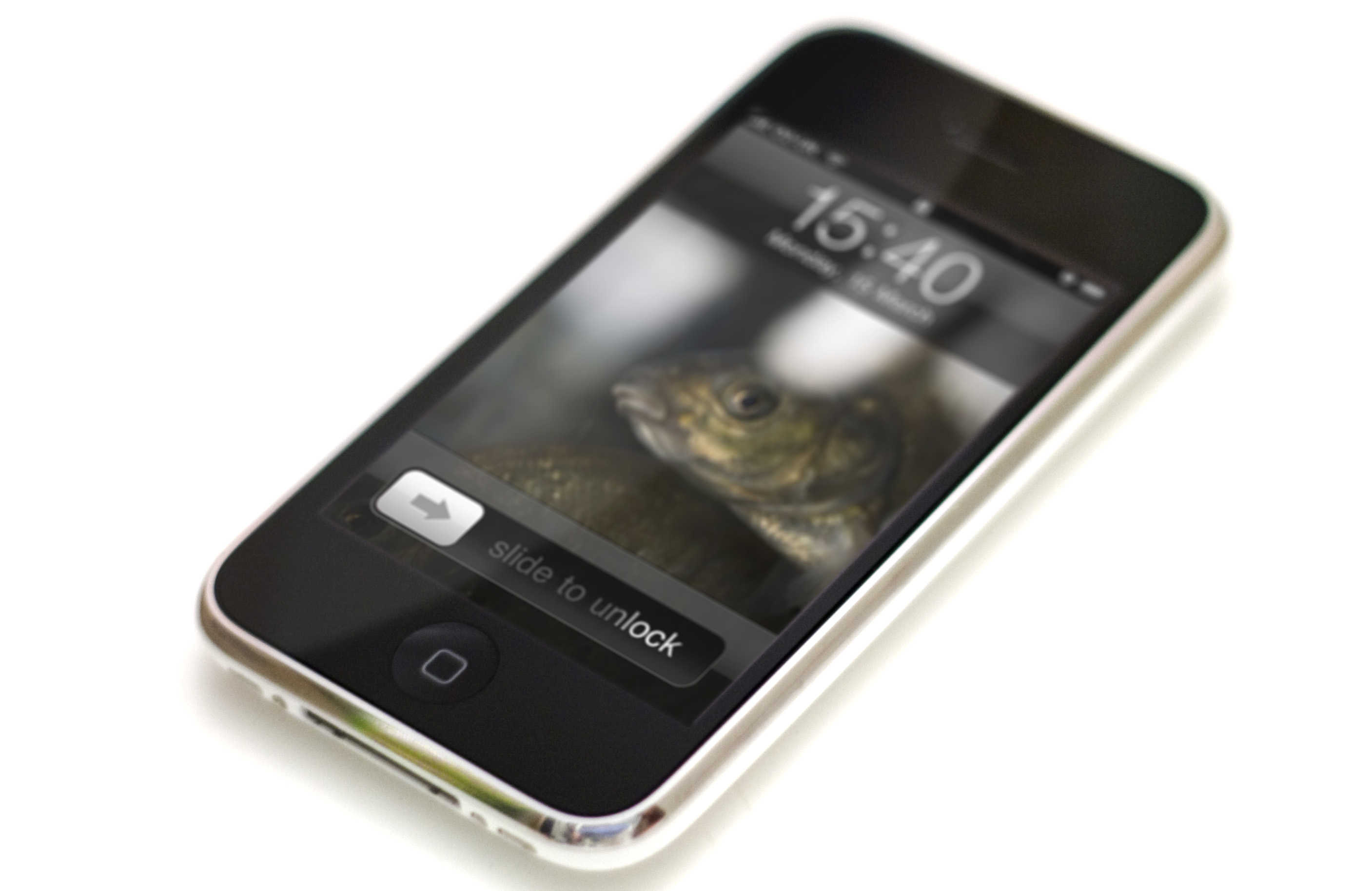
 December 23, 2005: Apple files a patent application for its iconic “slide to unlock” gesture for the iPhone.
December 23, 2005: Apple files a patent application for its iconic “slide to unlock” gesture for the iPhone.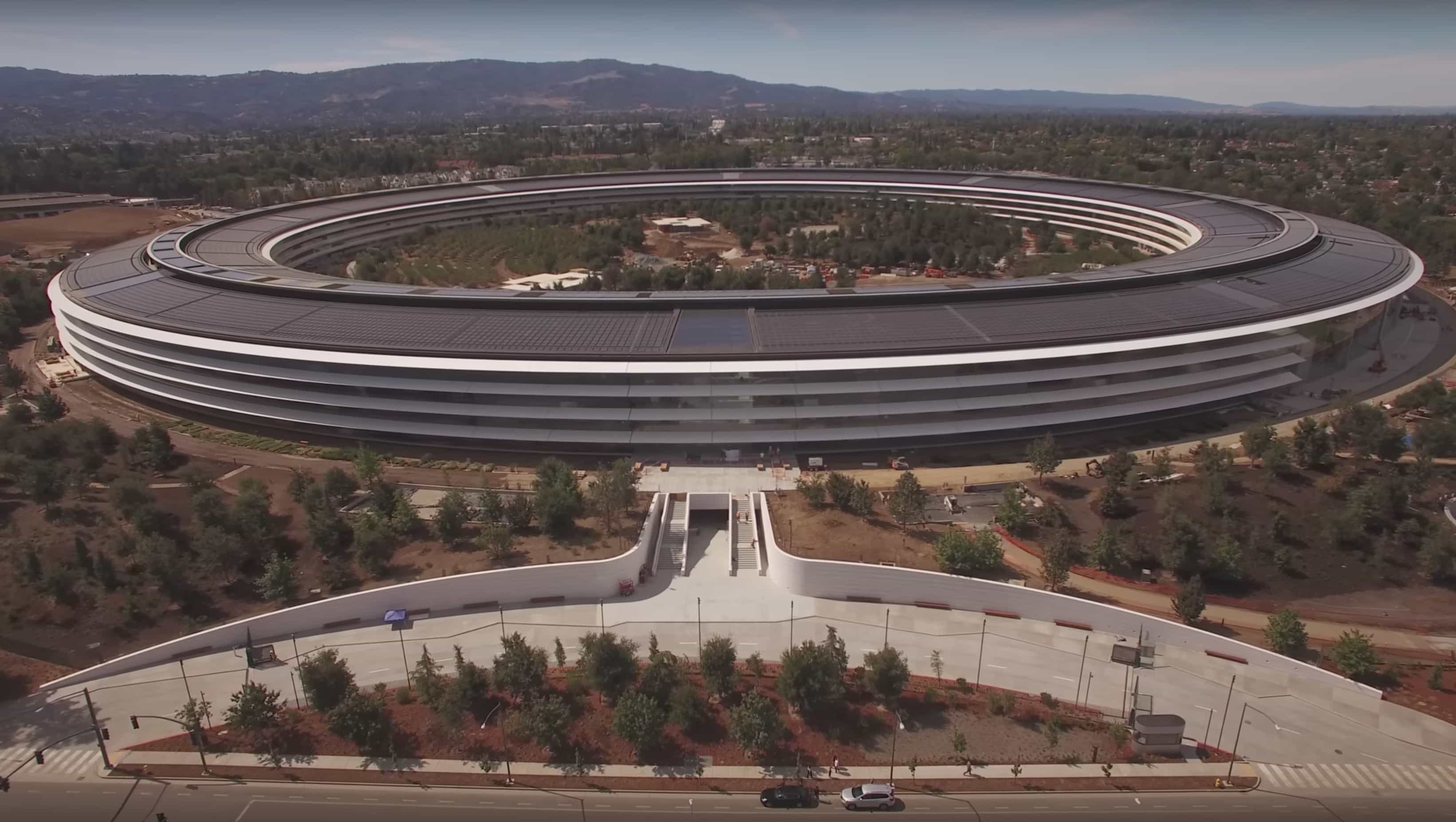
 November 19, 2013: Apple gets final approval from the Cupertino City Council to proceed with building a massive second campus to house the iPhone-maker’s growing army of workers in California.
November 19, 2013: Apple gets final approval from the Cupertino City Council to proceed with building a massive second campus to house the iPhone-maker’s growing army of workers in California.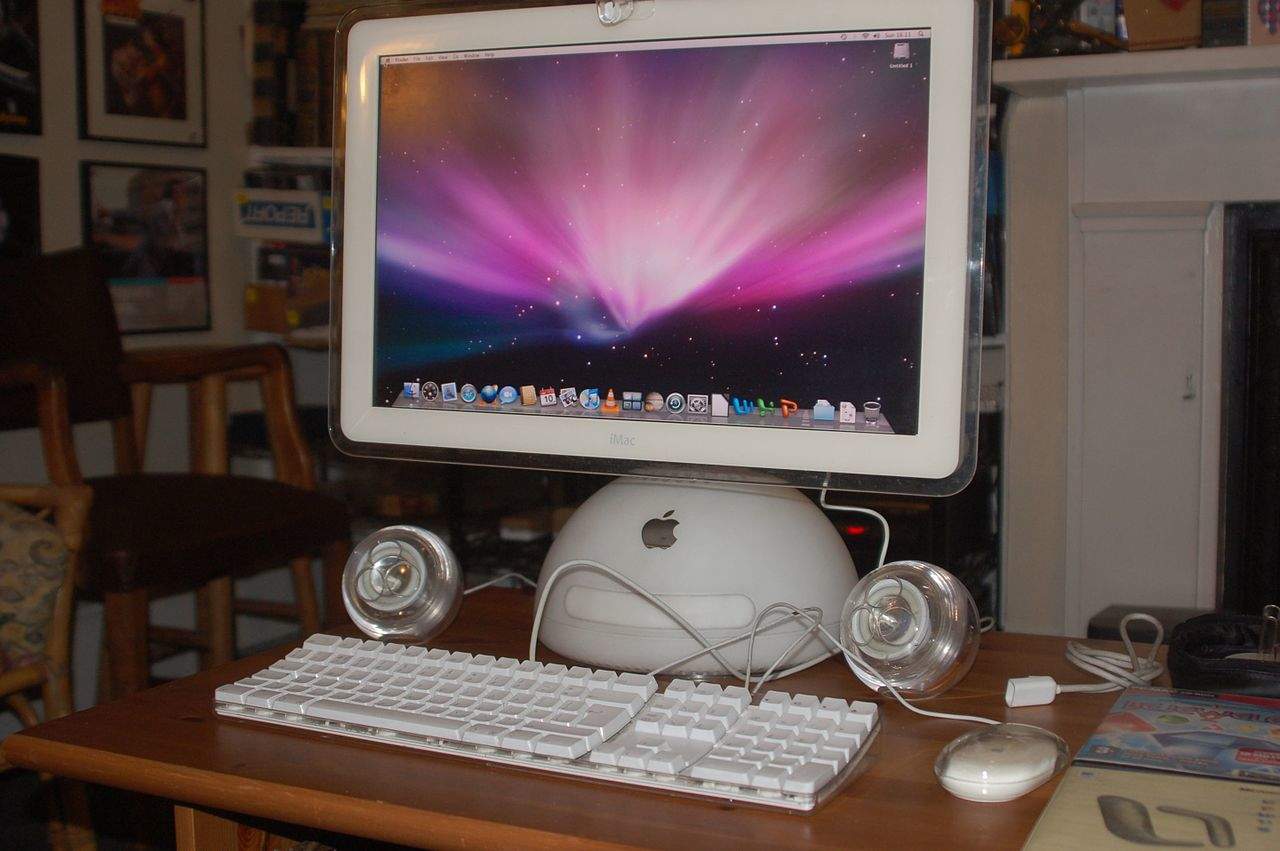
 November 18, 2003: Apple debuts its 20-inch iMac G4, the company’s biggest flat-panel all-in-one computer ever.
November 18, 2003: Apple debuts its 20-inch iMac G4, the company’s biggest flat-panel all-in-one computer ever.
 November 15, 1990: Cupertino wins a design patent for the Apple Extended Keyboard II, arguably the greatest computer keyboard of all time.
November 15, 1990: Cupertino wins a design patent for the Apple Extended Keyboard II, arguably the greatest computer keyboard of all time.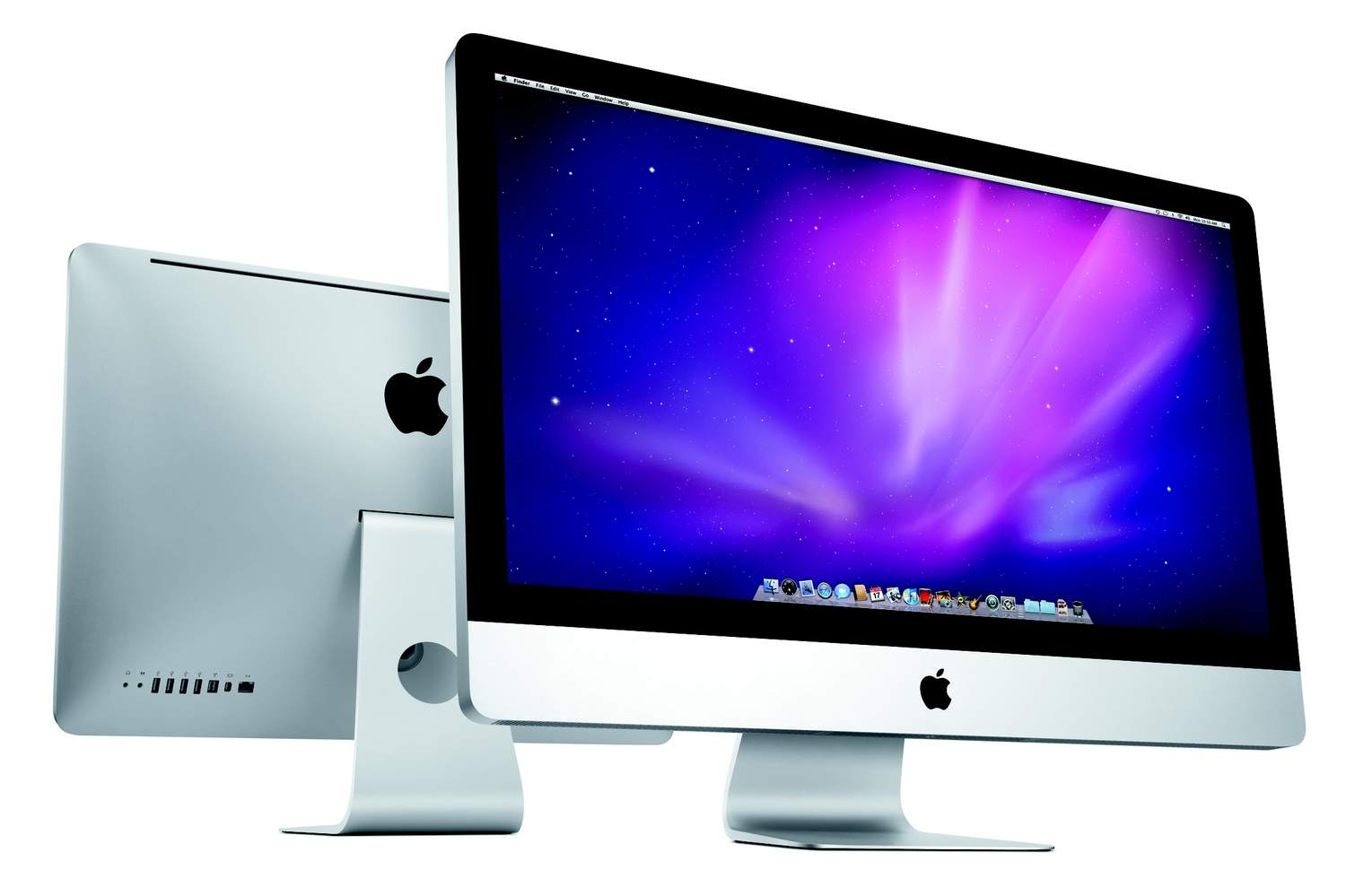
 October 20, 2009: Apple goes big with its iMac redesign, introducing the first 27-inch all-in-one Mac.
October 20, 2009: Apple goes big with its iMac redesign, introducing the first 27-inch all-in-one Mac.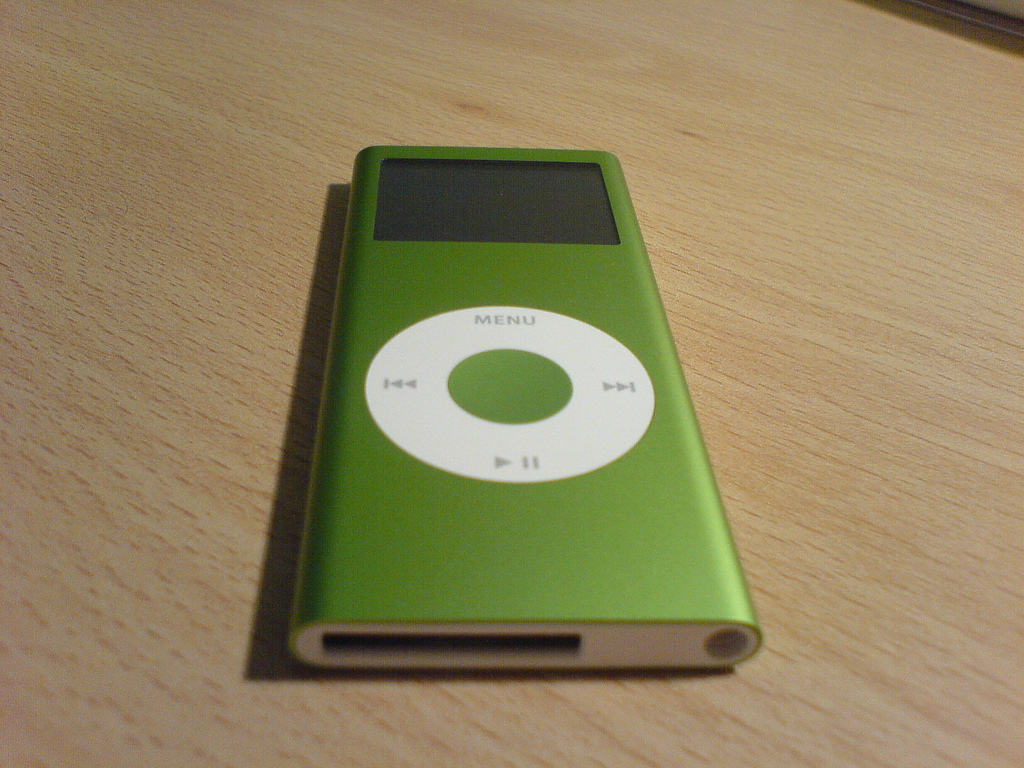
 September 25, 2006: Apple ships its second-generation iPod nano, offering a fancy redesign of the pocket-size original.
September 25, 2006: Apple ships its second-generation iPod nano, offering a fancy redesign of the pocket-size original.
 September 19, 2014: The iPhone undergoes its biggest upgrade — both figuratively and literally — since the original, with the launch of the iPhone 6 and iPhone 6 Plus handsets.
September 19, 2014: The iPhone undergoes its biggest upgrade — both figuratively and literally — since the original, with the launch of the iPhone 6 and iPhone 6 Plus handsets.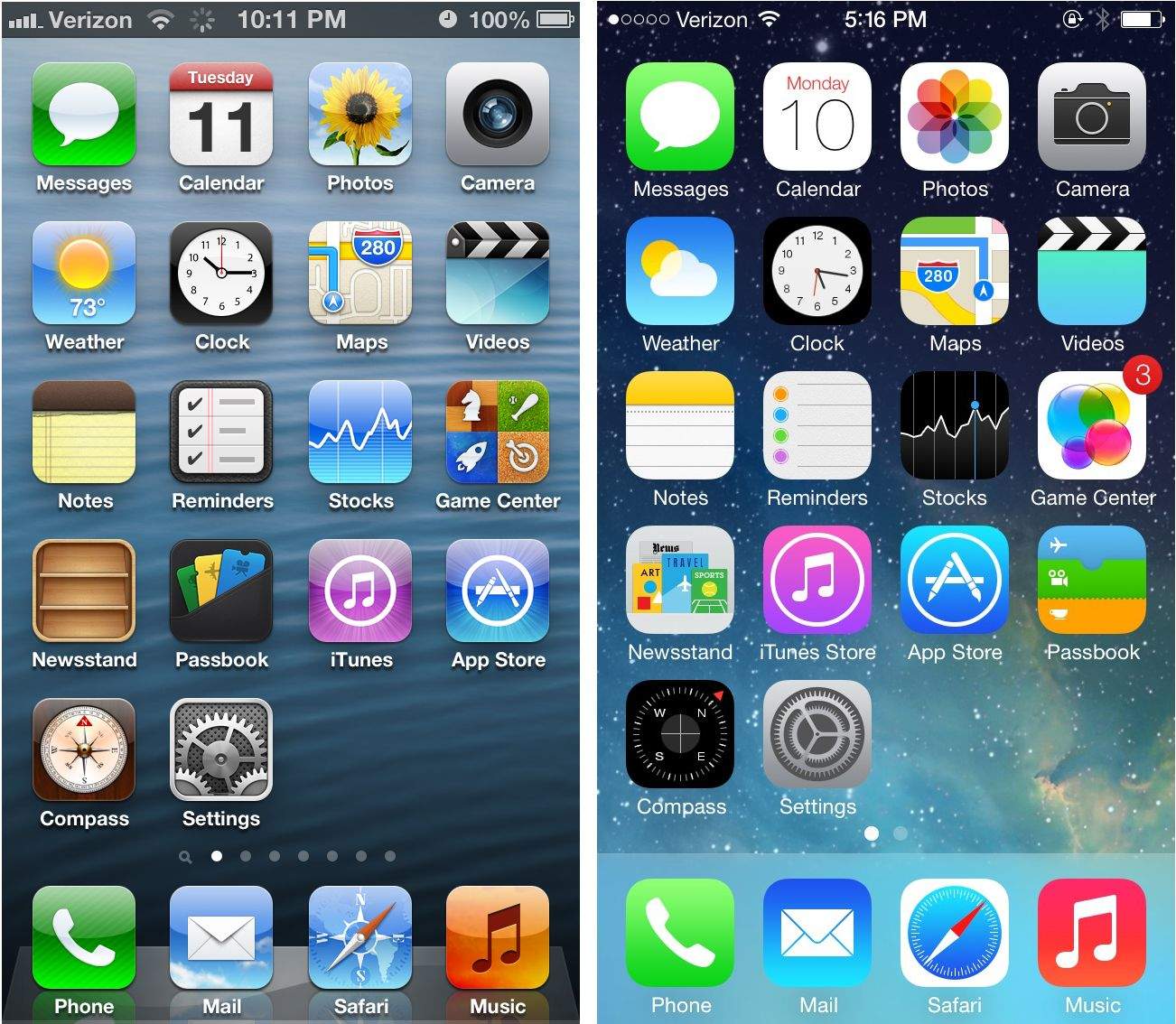
 September 18, 2013: iOS 7 launches with a radical redesign that divides the tech world.
September 18, 2013: iOS 7 launches with a radical redesign that divides the tech world.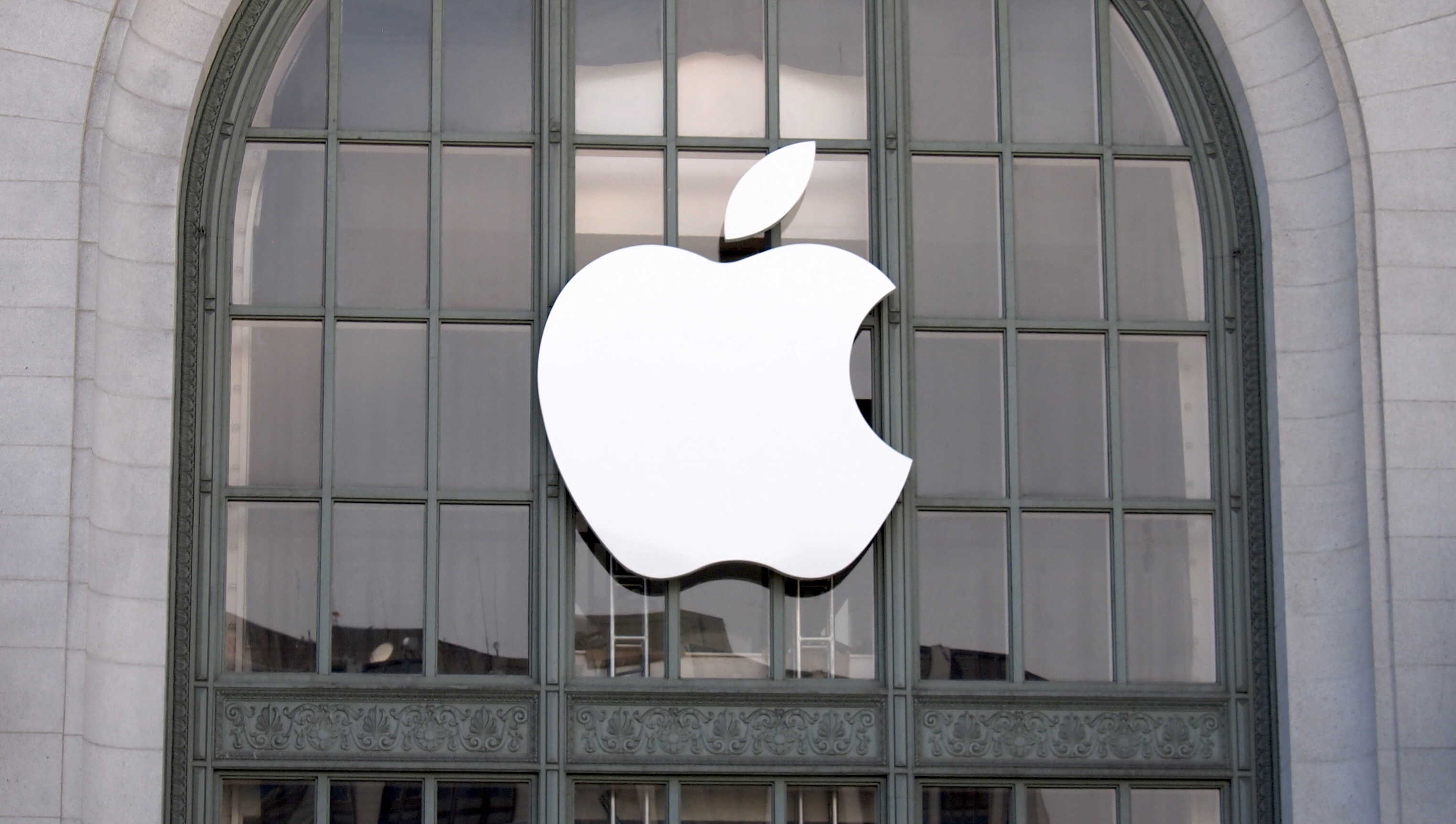
 August 27, 1999: Apple swaps out the striped, multicolored logo the company used since 1977 for a new single-color version.
August 27, 1999: Apple swaps out the striped, multicolored logo the company used since 1977 for a new single-color version.
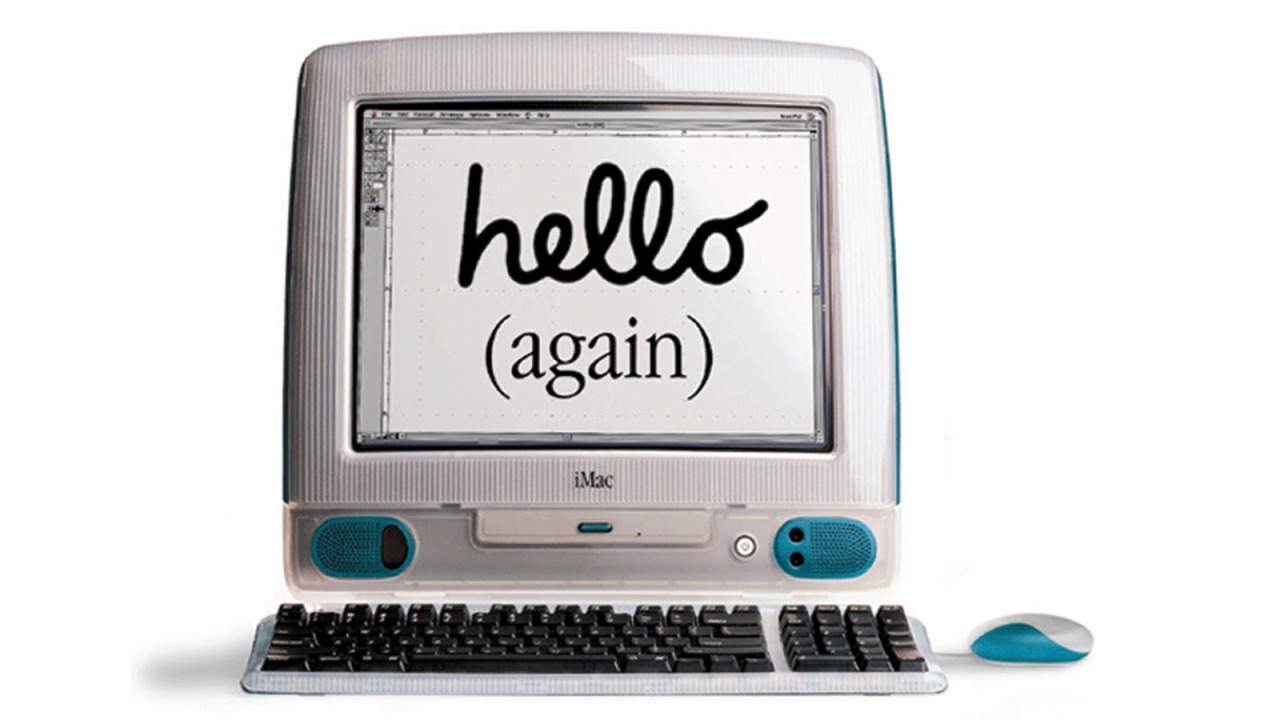
 August 15, 1998: The iMac G3 — Apple’s brightly colored, translucent Macintosh relaunch — goes on sale to a rabid audience.
August 15, 1998: The iMac G3 — Apple’s brightly colored, translucent Macintosh relaunch — goes on sale to a rabid audience.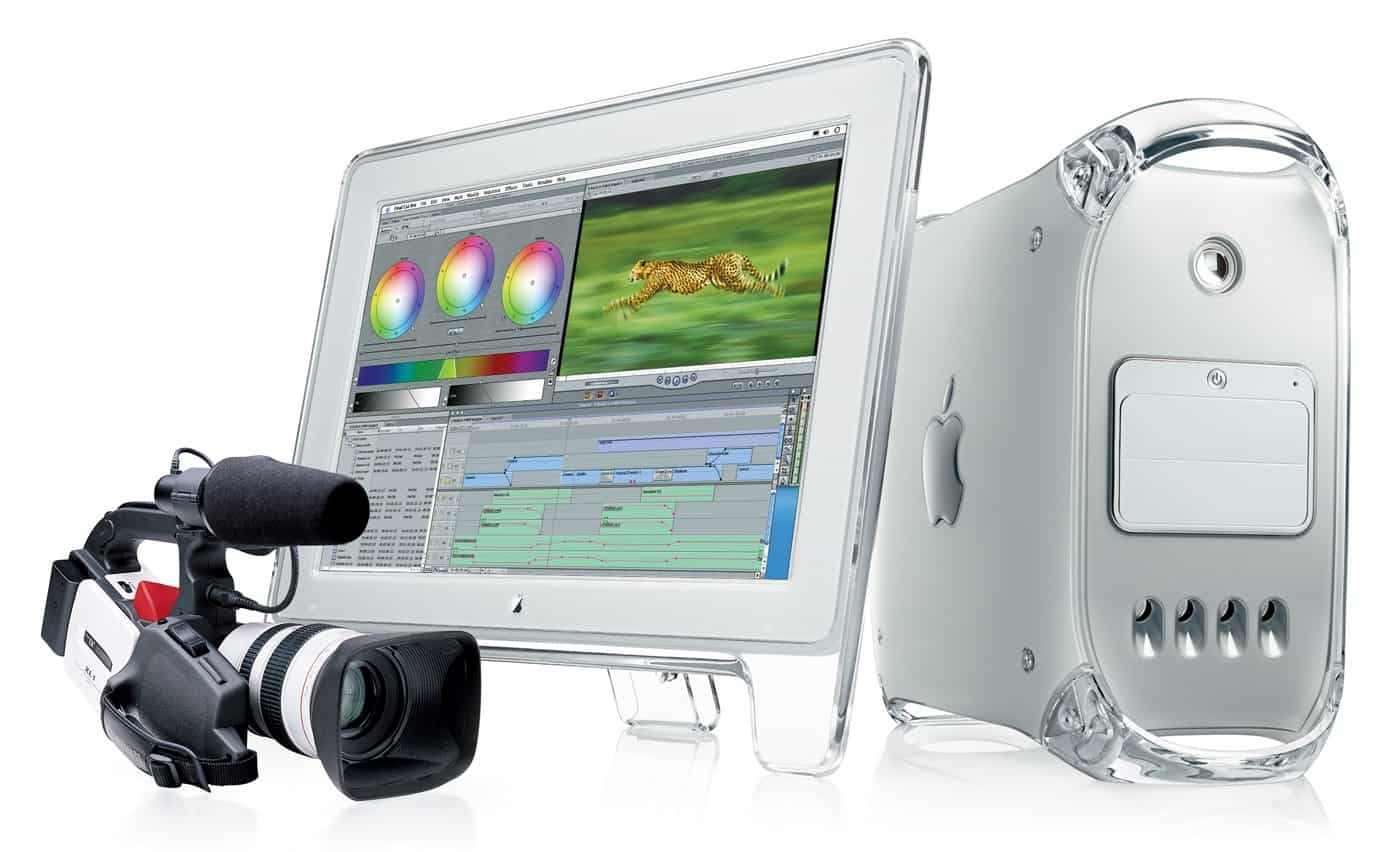
 August 13, 2002: Apple unveils the final face-lift for its Power Mac G4, the so-called “Mirrored Drive Doors” model.
August 13, 2002: Apple unveils the final face-lift for its Power Mac G4, the so-called “Mirrored Drive Doors” model.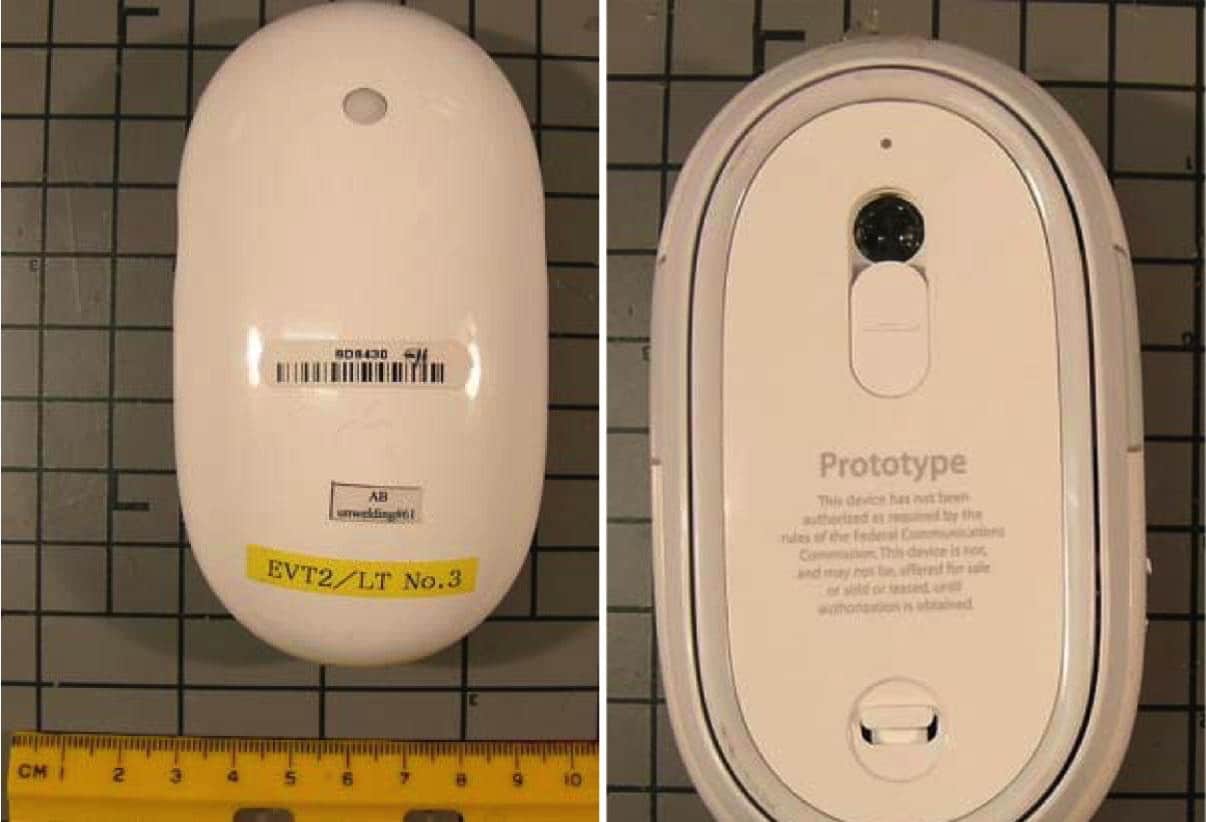
 July 24, 2006: The world gets its first glimpse of Apple’s new wireless Mighty Mouse, a multibutton Bluetooth device with super-accurate laser tracking.
July 24, 2006: The world gets its first glimpse of Apple’s new wireless Mighty Mouse, a multibutton Bluetooth device with super-accurate laser tracking.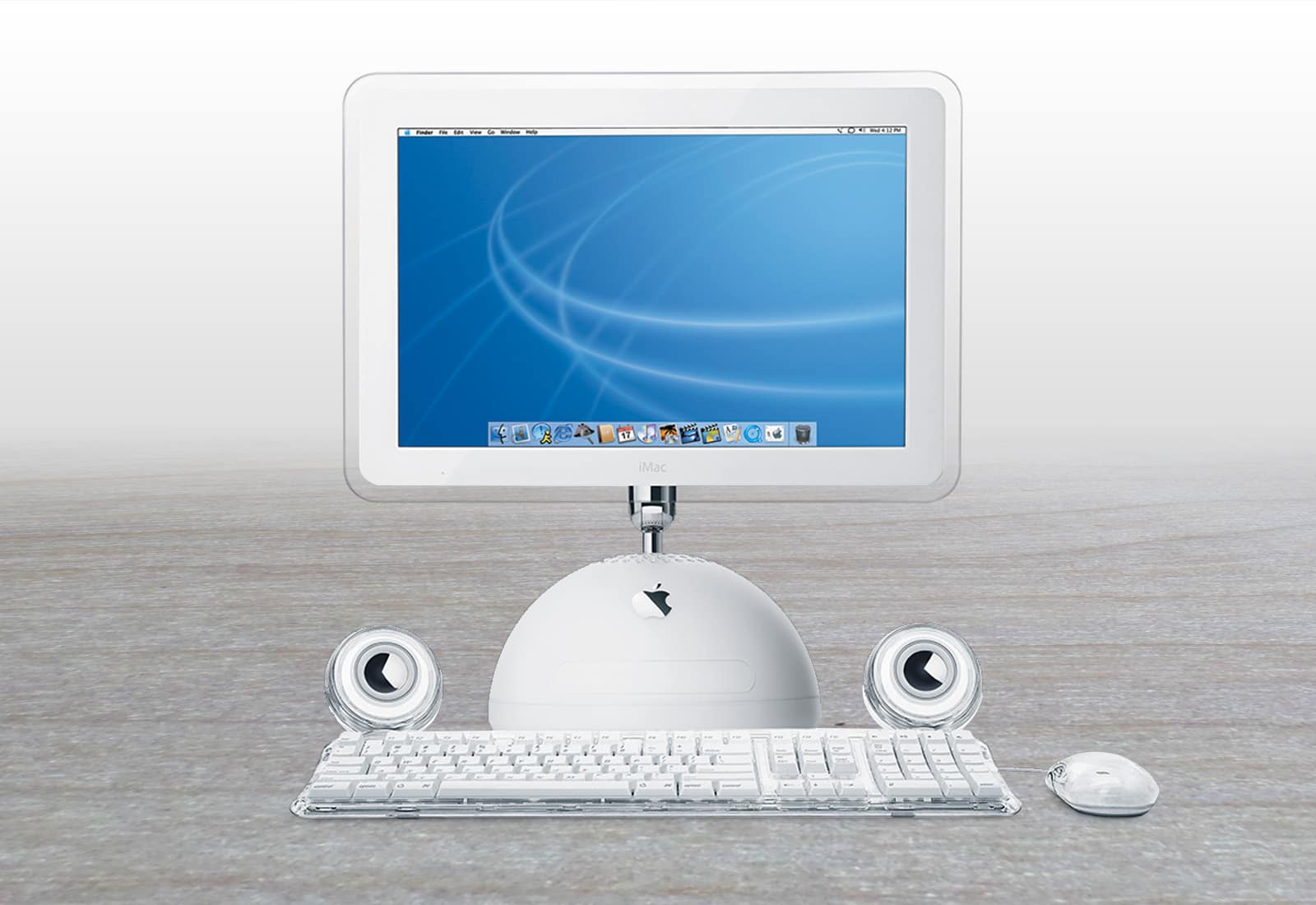
 July 17, 2002: Apple ships a new super-sized iMac G4, offering a 17-inch widescreen LCD display that becomes the envy of most computer users at the time.
July 17, 2002: Apple ships a new super-sized iMac G4, offering a 17-inch widescreen LCD display that becomes the envy of most computer users at the time.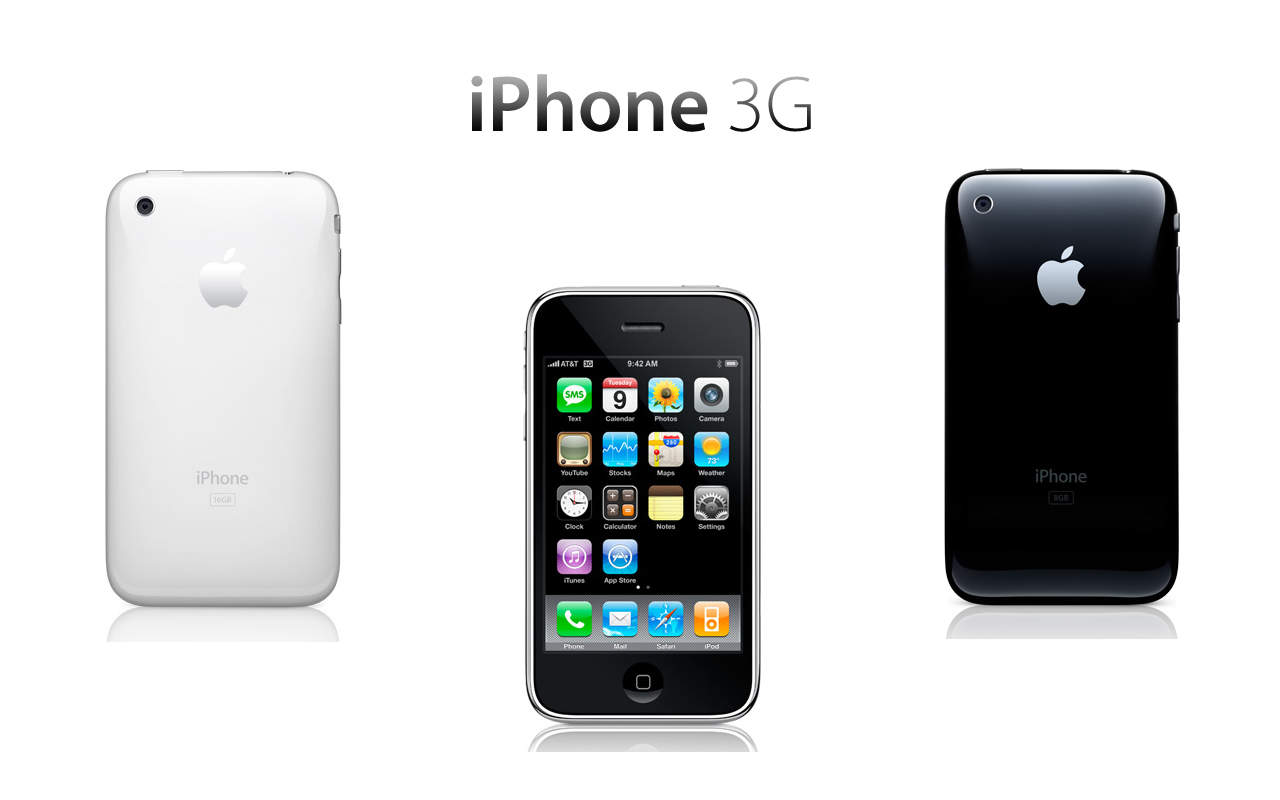
 July 11, 2008: The iPhone 3G goes on sale. Expectations for the smartphone sequel run high, and Apple delivers with the addition of GPS, faster 3G data and a higher-quality build.
July 11, 2008: The iPhone 3G goes on sale. Expectations for the smartphone sequel run high, and Apple delivers with the addition of GPS, faster 3G data and a higher-quality build.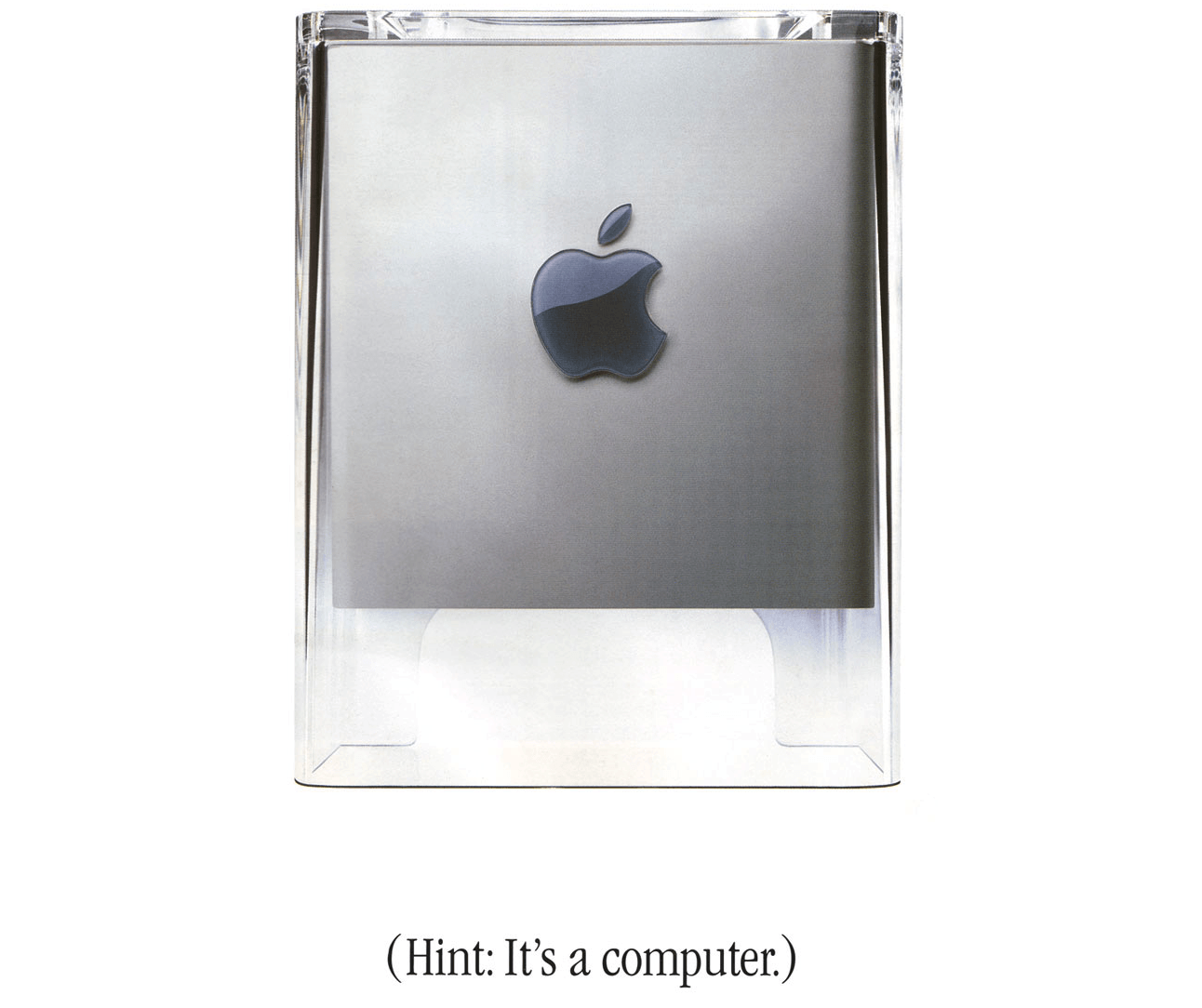
 July 3, 2001: Apple suspends production of its
July 3, 2001: Apple suspends production of its